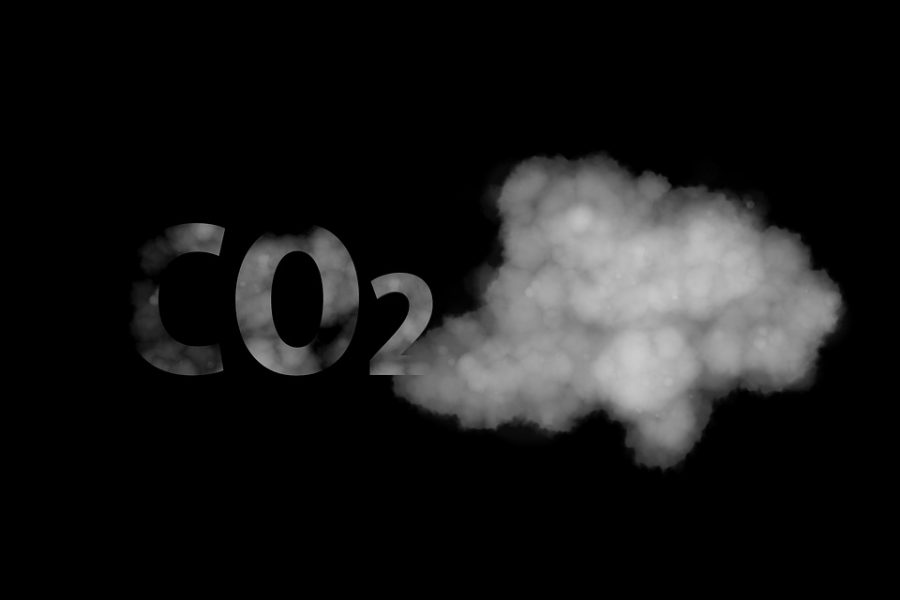
All eyes on COP26 as carbon emissions return to pre-pandemic levels

A welcome break from high pollution during the COVID pandemic last year seems to be over as global carbon emissions surge back with vengeance, new analysis has shown.
World leaders who have gathered at Glasgow (COP26) to hammer out a pathway to tackle climate change need to be mindful of the fact that carbon emissions are returning to record levels only seen in 2019.
The Global Carbon Project (GCP) report shows the world’s efforts towards keeping the temperature rise to 1.5C of the pre-industrialisation levels will fail in 11 years if the current rate of emissions continues. The report has been endorsed by some 100 scientists from 70 organisations across the world.
Also read: India makes a mark at COP-26: PM Modi makes Big Five pledges
While the transport sector is yet to gather steam, emissions from coal and gas have already risen more than they fell in 2020. In 2021, CO2 emissions from fossil fuels will go up by 4% to 6%. This is quite high when compared with a fall of 5.4% in 2020. The fall was much higher than seen during the global financial crisis in 2008 (1.2%) and the collapse of the Soviet Union (3.1%).

World’s biggest polluter, China, maintains its numero uno position. In fact, China’s emission rose slightly even in 2020 and is expected to rise 4% in 2021. While India’s per capita emission is still among the lowest in the world, its overall CO2 release will go up by 12.6% in 2021, twice the amount of fall in 2020. The US and EU27 will also see sharp rises of 7.6% in 2021.
Going by the trends in oil consumption and rapid travel recovery, scientists estimate 2022 could set a new record for global emissions, with a high possibility of offsetting gains made by reduced coal consumption last year.
Speaking to The Guardian, Prof Corinne Le Quéré, at the University of East Anglia, UK, said the present trend is a reality check. “What is surprising is that [the rebound in emissions] happened so quickly, in spite of the fact that much of the global economy has not yet recovered,” he said.
Also read: Explained: Why is Glasgow meet on climate change important
Prof Le Quéré, however, is confident that the 1.5C temperature control target is still reachable. Of course, for that to happen emissions will have to be cut drastically, but more than anything else the world needs to show concerted action, he said.
Just to give an idea of scale of emissions cut the world needs to implement, Prof Pierre Friedlingstein, at the University of Exeter, UK, said: “To achieve net zero by 2050, we must cut emissions every year by an amount comparable to that seen during Covid. This highlights the scale of the action that is now required, and the importance of Cop26.”
On the positive side, renewable energy has grown despite the pandemic. However, COVID recovery funding has not been up to the mark, with not enough low-carbon investment happening.
A lot rests though on what 196 countries deliberate and decide upon at COP26 and then work out a workable plan, Prof Le Quéré said.


